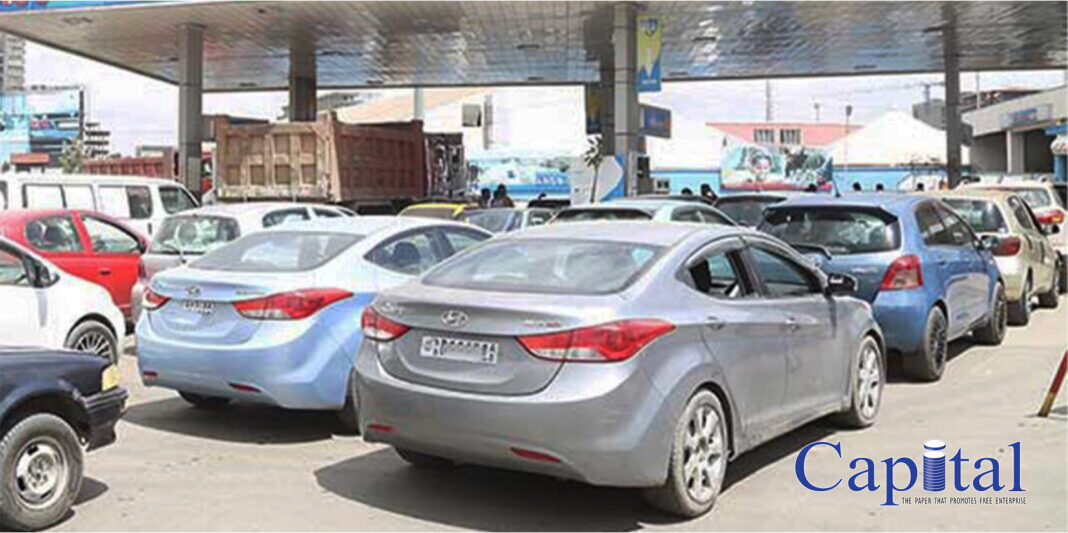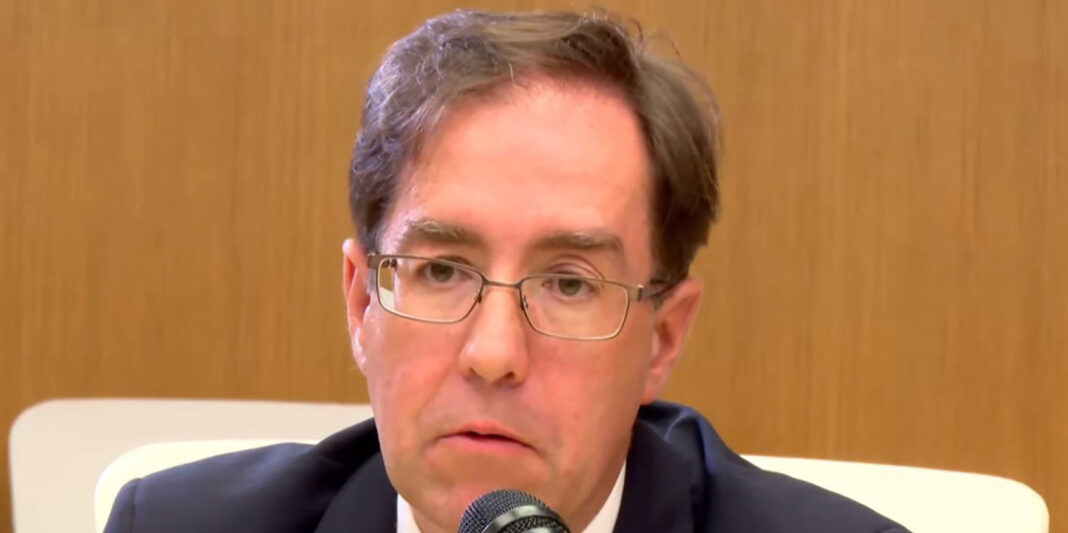In a significant shift in fiscal policy, the Ethiopian Petroleum Supply Enterprise (EPSE) is set to begin collecting a new fuel tax next month. This measure is part of the government’s broader economic reforms, which include the gradual elimination of long-standing fuel subsidies.
The key change involves implementing a combined 30% tax on petroleum products, which includes a 15% value-added tax (VAT) and a 15% excise duty.
Since mid-2022, the government has been incrementally reducing fuel subsidies to curb public spending, a process that has already led to rising prices.
However, the government has committed to maintaining a targeted ‘pro-poor’ subsidy for public transportation to protect vulnerable households.
The Ministry of Finance (MoF) has indicated that these transitional subsidies aim to alleviate the effects of concurrent foreign exchange reforms.
The new tax’s ultimate objective is to increase government revenue by shifting from subsidies to market-based funding sources for public expenditure.
Under the new order, the MoF will direct EPSE to remit all federal fuel taxes to the Ministry of Revenue. The plan is to achieve full cost recovery for petrol and diesel pump prices, including statutory tax rates, by December 2025.
To facilitate this transition, the budget for net cash transfers to EPSE will be capped at 30 billion birr in the upcoming fiscal year.
The government has assured that support for public transportation will continue through targeted mechanisms, such as digital rebates and mobile wallets, specifically for city and regional bus services.
This policy was confirmed in the government’s recent budget, reinforcing its commitment to the Homegrown Economic Reform Agenda.
Finance Minister Ahmed Shide has acknowledged that domestic tax revenues have struggled to keep pace with economic growth, viewing this reform as a necessary step toward fiscal consolidation.
Ethiopia currently has one of the lowest tax-to-GDP ratios in Sub-Saharan Africa, at below 7%. The MoF is also pursuing complementary reforms, including a Minimum Alternative Tax (MAT), to broaden the tax base and address tax evasion.
Despite the government’s focus on economic stability, the new fuel tax has sparked widespread concerns. Critics argue that imposing such a high tax on a vital commodity during a time of elevated living costs could lead to public dissatisfaction and financial instability.
To address the anticipated budget deficit, the government plans to rely on domestic loans and support from development partners, asserting that these challenging measures are essential for long-term developmental priorities.
Regarding the MAT, the government recently stated that nearly two-thirds of businesses report no taxable profit, making MAT expected to raise revenues, reduce avoidance, and combat evasion. However, despite the income tax proclamation indicating that MAT will apply to the current fiscal year, many traders contend that it has effectively become effective for the 2024/25 tax year.







